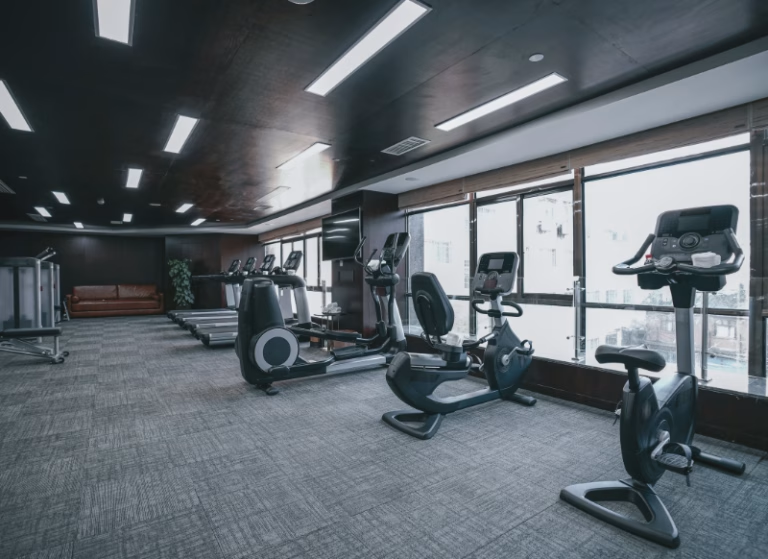1_AI Nutrition in Action: Real Use Cases
In 2025, artificial intelligence (AI) has found its way into nearly every corner of the wellness industry — and nutrition is no exception. With the rise of AI-powered nutrition coaches, many are wondering: are these digital advisors replacing real human dietitians? The answer isn’t so simple. Let’s explore what these intelligent tools offer, where they fall short, and whether they’re reshaping how we eat, train, and live.
A 2024 scoping review examined the role of AI in nutrition by analyzing research from eight major databases: PubMed, Web of Science, EBSCO, Agricola, Scopus, IEEE Explore, Google Scholar, and Cochrane. Out of 1,737 articles retrieved, only 22 were selected for in-depth review—highlighting how emerging this field still is. The key findings showed that AI’s role in nutrition is mainly focused on dietary assessment, while its application in areas like malnutrition prediction, behavioral interventions, and understanding diet-related diseases remains limited
The rise of AI in precision nutrition is gaining momentum. A recent scoping review analyzed 198 studies sourced from major databases, covering topics related to AI, precision nutrition, and natural language processing. Remarkably, about 75% of the research was published after 2020, showing how recent and fast-growing this field is. The studies predominantly target diet-related diseases such as diabetes and cardiovascular conditions, using AI for disease prevention, treatment optimization, and health monitoring. Importantly, the review also highlights the need for more diverse datasets and greater cultural sensitivity to ensure that AI-powered nutrition tools serve all populations equitably.
2_What Can AI Do Better Than Human Dietitians?
AI tools come with unique advantages:
24/7 Availability: Users can get suggestions anytime, anywhere.
Real-Time Tracking: They adjust recommendations instantly based on current activity or food intake.
Scalability: Millions of users can access support without long wait times.
Cost-Effective: Most apps cost far less than ongoing dietitian consultations.
3_What Can’t AI Replace?
While AI is evolving rapidly, it still lacks human touch — literally and figuratively:
Emotional Intelligence: Human dietitians understand personal struggles, culture, and motivation.
Medical Expertise: Complex conditions (e.g., PCOS, IBS, or eating disorders) require personalized medical oversight.
Behavior Change Coaching: Long-term habit building is still better guided by humans.
“AI can tell you what to eat, but it can’t understand why you didn’t eat it”
4_Are They Working Together Instead?
Yes — and this is where the real power lies in 2025. Many dietitians now use AI tools as assistants, not replacements. For example:
Meal logging apps with AI analysis help dietitians review data faster.
Wearables provide metrics like sleep and stress, which inform holistic nutrition advice.
Chatbot pre-screening allows dietitians to focus on deeper client needs.

5_Bottom Line: Should You Use an AI Nutrition Coach?
If you’re:
Looking to improve your diet habits with data-driven insights ✅
Comfortable using tech and logging food or activity regularly ✅
Managing basic fitness and wellness goals ✅
→ An AI nutrition coach in 2025 could be a powerful tool.
But if you:
Struggle with emotional eating, medical issues, or motivation ❌
Need personalized support or medical nutrition therapy ❌
→ A licensed human dietitian is still the gold standard.
6_Final Thought
AI isn’t replacing human dietitians in 2025 — it’s reshaping how they work. Together, they’re creating a more accessible, data-informed, and personalized future for nutrition.




